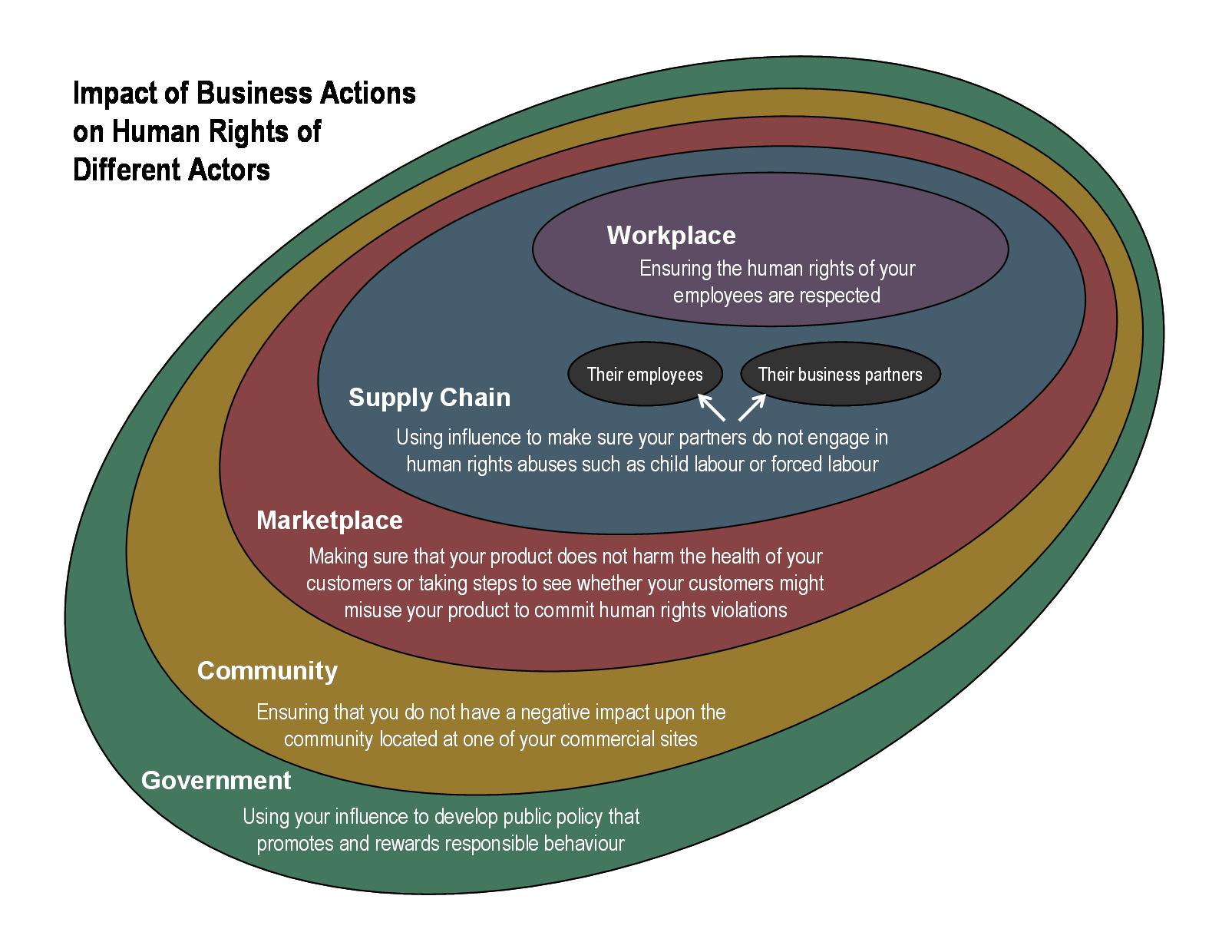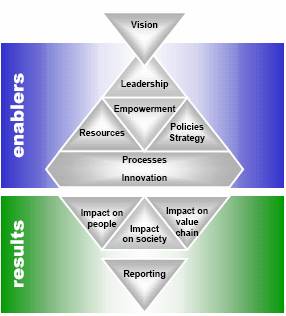
|
Mission Statement: Build the best product, cause no unnecessary harm, use business to inspire and implement solutions to the environmental crisis
Dedicated to promoting Fair Labor and Environmental protection where Patagonia products are made.
|

|
We are committed to creating a business where all our products, raw materials, byproducts, and the processes by which they are made are not just sustainable, but restorative-enhancing the potential of all life's systems, both human and ecological.
(Seventh Generation, 2008, 2007 seventh generation corporate consciousness)
|

|
Recipient of the U.S. Environmental Protection Agency Safer Detergents Stewardship Initiative Award
|

|
uses only natural ingredients
incorporates business strategies that are environmentally sustainable
recycling
|

|
Recipient of the U.S. Environmental Protection Agency Safer Detergents Stewardship Initiative Award
|

|
Company Values:
Capitalism and the wealth it produces do not create opportunity for everyone equally. We recognize that the gap between the rich and the poor is wider than at any time since the 1920’s. We strive to create economic opportunities for those who have been denied them and to advance new models of economic justice that are sustainable and replicable.
By definition, the manufacturing of products creates waste. We strive to minimize our negative impact on the environment.
The growing of food is overly reliant on the use of toxic chemicals and other methods that are unsustainable. We support sustainable and safe methods of food production that reduce environmental degradation, maintain the productivity of the land over time, and support the economic viability of family farms and rural communities.
We seek and support nonviolent ways to achieve peace and justice. We believe government resources are more productively used in meeting human needs than in building and maintaining weapons systems.
We strive to show a deep respect for human beings inside and outside our company and for the communities in which they live.
|

|
One of the top 100 place to work by Working Mother magazine
In the top 30 companies for executive women by the National Association for Female Executive
In the top 50 corporations for supplier diversity by Diversitybusiness.com
|

|
plans to eliminate excessive overtime in their contract factories
educate employees regarding their rights in the contract factories
regularly updates the public disclosure of more than 700 contract factories around the world
Member of the Global Alliance
|

|
score of 100% by the Human Rights Campaign's corporate quality index
|

|
provides employees with diversity network associations
one of the first companies to offer employees same sex partner benefits
|














